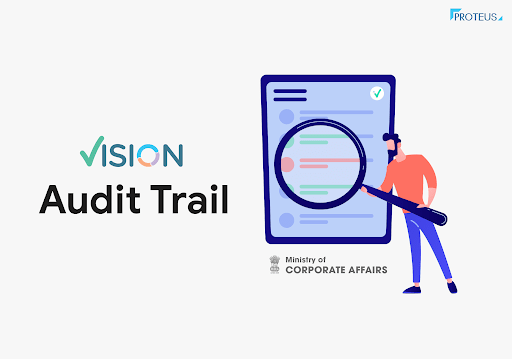
We are aware that the Ministry of Corporate Affairs (MCA) has mandated that the accounting software used by all Indian companies must have an audit trail feature.
What exactly does it mean by an ‘audit trail feature’?
There should be a trace of all transactions added and modified
What has been added
What has been modified
When was the date and time of the modification
The user who has made the changes
What was the earlier value and what has it been changed to
The details should be available in chronological order
This is the basic information required. Some software could have advanced features of even tracking where the changes have been made from, like the IP address/MAC address of the device from where the changes have been made.
Companies are required to use only such software which has an inbuilt capability of maintaining an audit trail and also where it is not possible to deactivate the audit trail.
The audit trail data is required to be maintained for 8 years from the end date of the financial year.
Many software do have this feature, but at the same time, many do not have it. Make sure you choose software that has an in-built audit trail to ensure regulatory compliance.
What are some of the advantages that the company will get by using software with audit trail capability?
– Monitor user activity, very relevant in case of sensitive data
– Traceability and accountability
– Re-assurance of data integrity, as modifications can be traced
– Regulatory compliance
In systems where data changes are allowed and an audit trail is not available, it is often frustrating that key data like financial figures change and one is not able to pinpoint how that is happening. During the process of a financial audit, you may pick the data and go about further processes and at a later stage find that the data you picked for processing has changed.
Audit trails in software are an advantage to all and should be implemented.